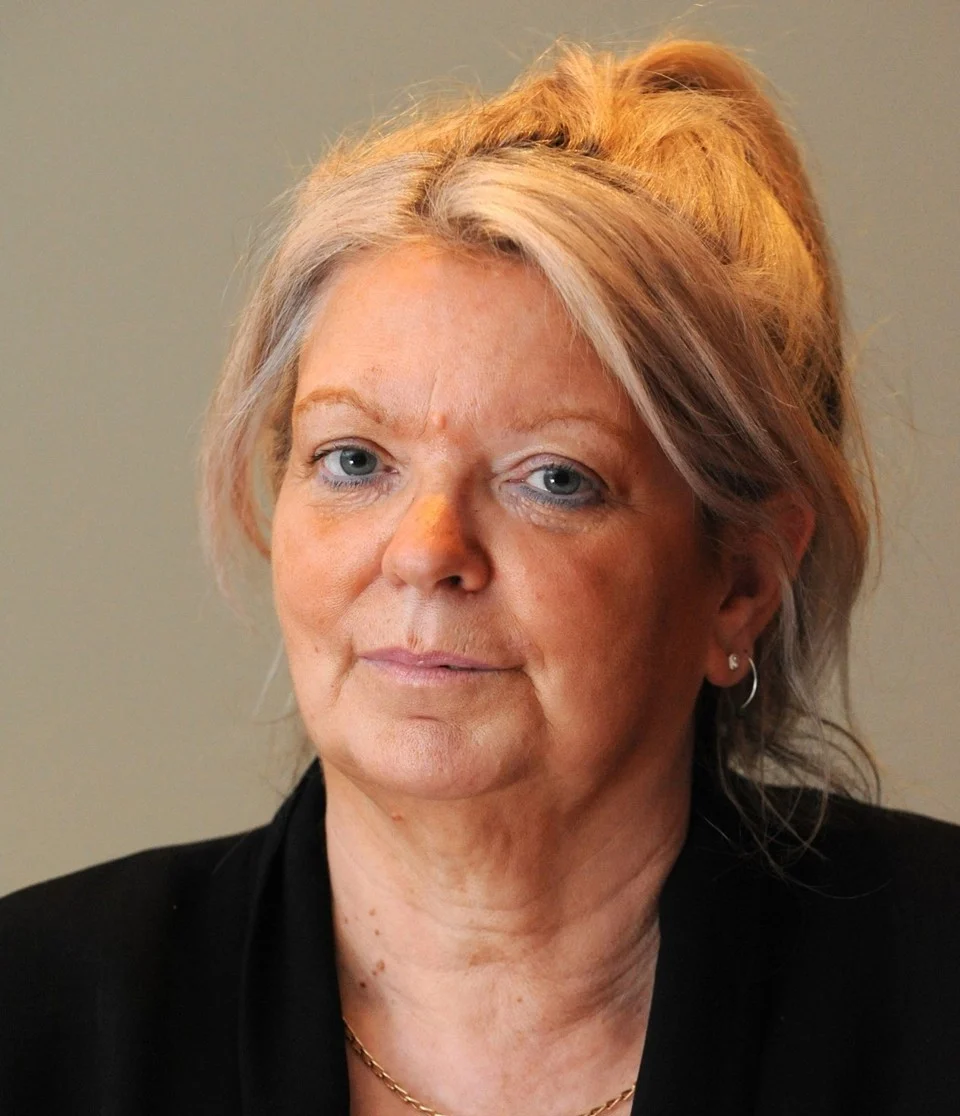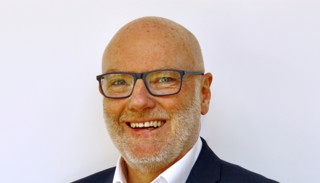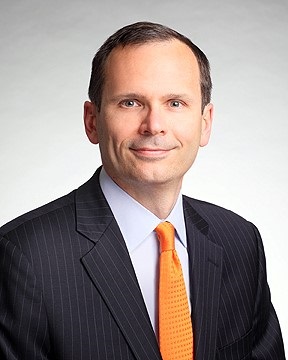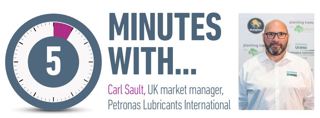In the latest of Automotive Management's (AM) '10 minutes with...' feature series Tom Seymour sat down with National Franchised Dealers Association (NFDA) chief executive Sue Robinson.
The industry body's response to the growing adoption of the agency model in franchised car retail, fears of the impact of the Omicron variant of COVID-19 and the challenge of attracting a new generation of talent into the sector were among the topics discussed.
How can the National Franchised Dealers Association (NFDA) help ensure showrooms are not locked down again in the event of restrictions due to Omicron?
Franchised dealers have repeatedly proved they can operate in a COVID-secure way. Following the first lockdown, dealers were allowed to reopen a fortnight earlier than other ‘non-essential’ retailers. Since then, some of the measures implemented through the pandemic have been retained as the safety of staff and customers remains a priority. NFDA speaks to the Government regularly to ensure that business can continue as smoothly as possible in a safe manner.
How is the NFDA working to make sure franchised dealers’ concerns over the balance of power within the OEM relationship are heard?
The key issue NFDA has been highlighting with the possible advent of agency models is the potential threat to competition, subsequently affecting value for consumers. In particular, in our response to the Competition and Markets Authority (CMA), we have outlined that preserving healthy intra-brand competition and allowing OEMs to adapt, innovate and drive efficiencies are not mutually exclusive. Recently, I met with our Australian counterparts to discuss agency agreements and their strategy. We are also liaising with our European counterparts via the Alliance of European Car Dealers and Repairers (AECDR) to assess the implications across other countries and discuss trade associations’ next steps.
There is a lot of work going on behind the scenes. What has been the feedback from members about changes to the retail model and agency?
Dealers are well aware that a strong relationship with their manufacturer partners in the current format is key, however the majority of franchised dealers appreciate the current model will continue to evolve. There has been a lot of discussion surrounding ‘agencies’ and what constitutes the pure agency model. Future relationships can, and will, vary dependent on the agreement of each manufacturer; these will need to be evaluated on a case-by-case basis to understand the implications of the various types of contracts that may be proposed to dealers.
What are the latest developments with the Drive My Career (DMC) initiative and what is the priority focus in 2022?
Since its launch in February 2018, DMC has seen incredible growth with a peak before the outbreak of the pandemic when 3,000 young candidates used to be sent to members’ career pages every month. During the pandemic the focus of DMC’s activities had to change slightly to better reflect members’ needs as most businesses stopped recruiting. With fewer vacancies available, DMC ramped up its efforts aimed at promoting the retail automotive sector as a great place to work long term. We have also held a number of events and an all-new ‘Supercharge Me’ webinar to support young people and their mental, physical and financial wellbeing. Going forward, the NFDA HR working group will meet in January and the feedback of NFDA members’ HR professionals will prove extremely helpful in steering the direction of DMC in 2022.
What’s the latest with the Electric Vehicle Approved (EVA) initiative and next steps for 2022?
Over the past three years, retailers have embraced our EVA accreditation scheme. There are currently more than 250 accredited dealers in the UK as the number of Government-funded slots was limited to 100 each year. There are an additional 100 retailers lined up to receive their accreditation. NFDA is encouraging approved dealers to promote their EVA status through communications with customers both digitally and on point-of-sale material. The goal is to inform more and more motorists about EVA and make sure they understand that visiting an EVA-accredited retailer means ‘peace of mind’.
What do you see as the biggest barriers to EV adoption in the UK?
Public charging infrastructure is improving, but the Government must continue to invest in it to avoid a scenario where the uptake of EVs becomes heavily localised. Also, financial incentives remain vital to support consumers as the cost of EVs is often indicated by motorists as the main obstacle to EV adoption. We must ensure all motorists can access charging. To outline dealers’ priorities and continue to call on the Government to support businesses and consumers, NFDA has been responding to consultations, communicating regularly with officials, and has held a number of constructive meetings with key Government departments.
Is the NFDA working to boost engagement with members and Government?
Engagement with the Government as well as our members is vital. We have reinstated our Parliamentary Engagement Programme where we invite local MPs to visit a dealership in their constituency to understand the investments of our members, their contribution to the economy and the importance of automotive retail as a key employer within the UK. We will continue to meet with relevant Government departments, manufacturers and develop ongoing relationships with other relevant stakeholders.





















Login to comment
Comments
No comments have been made yet.